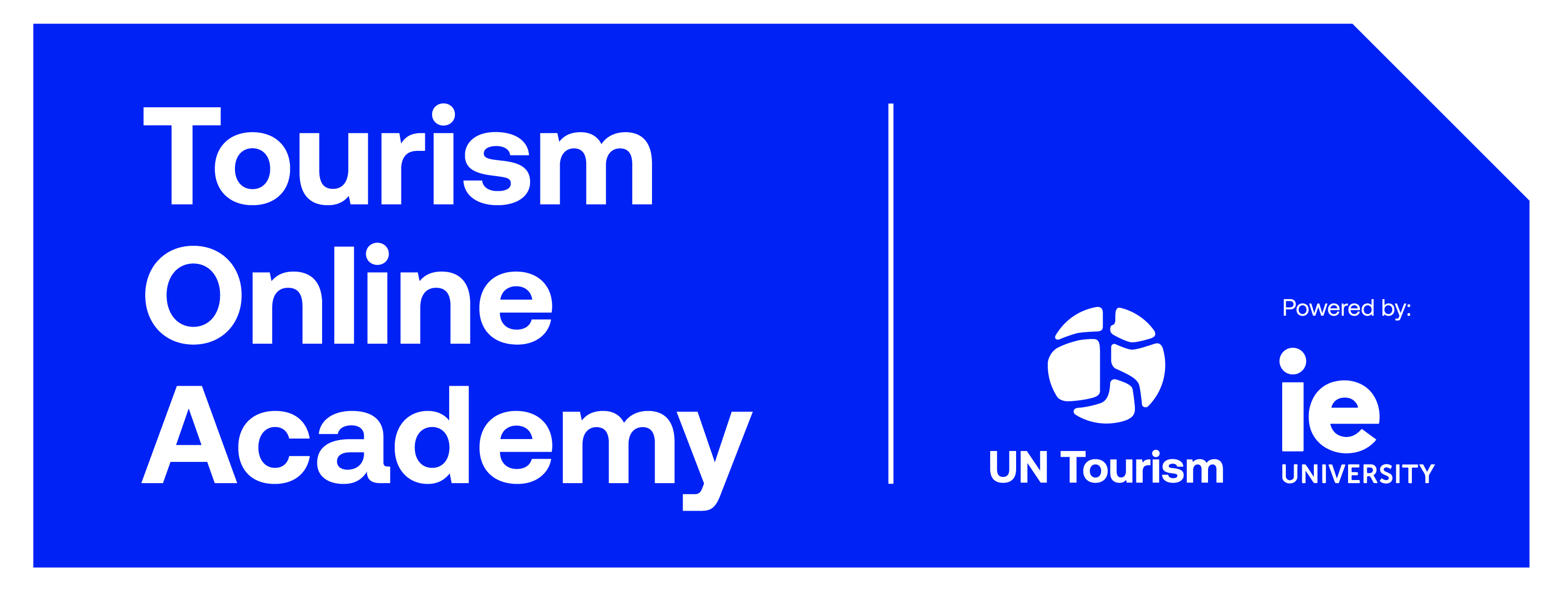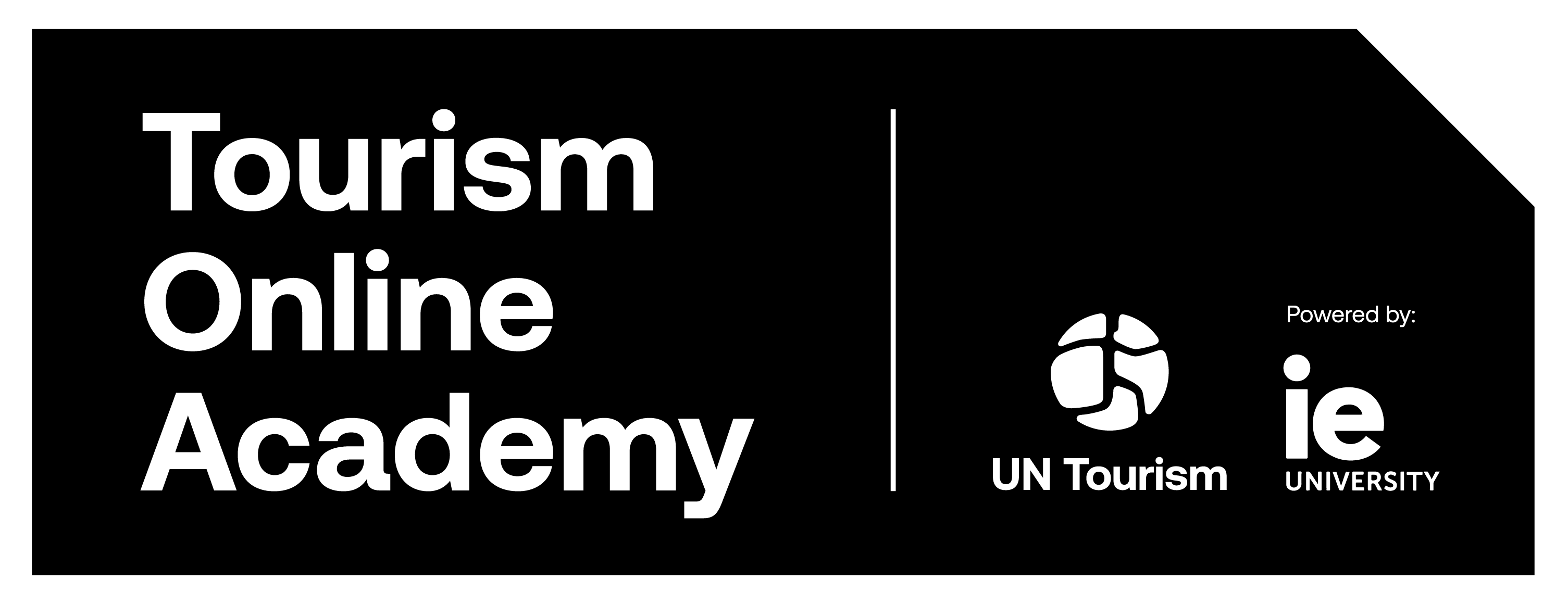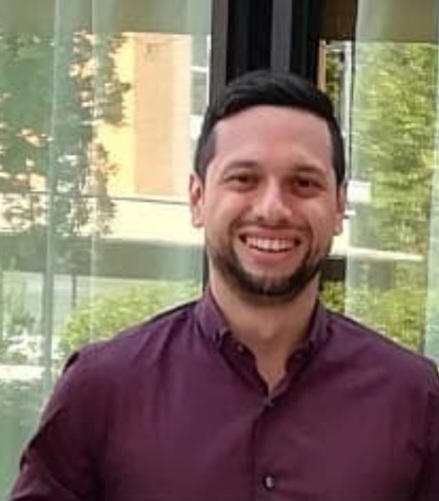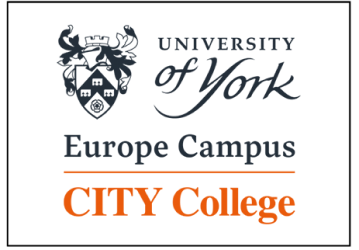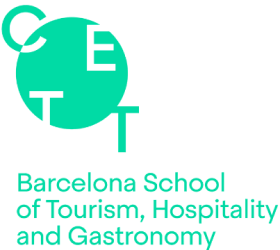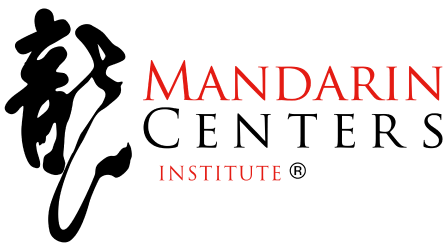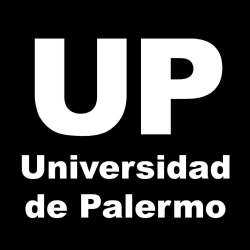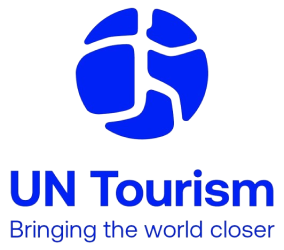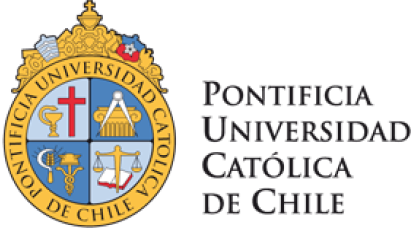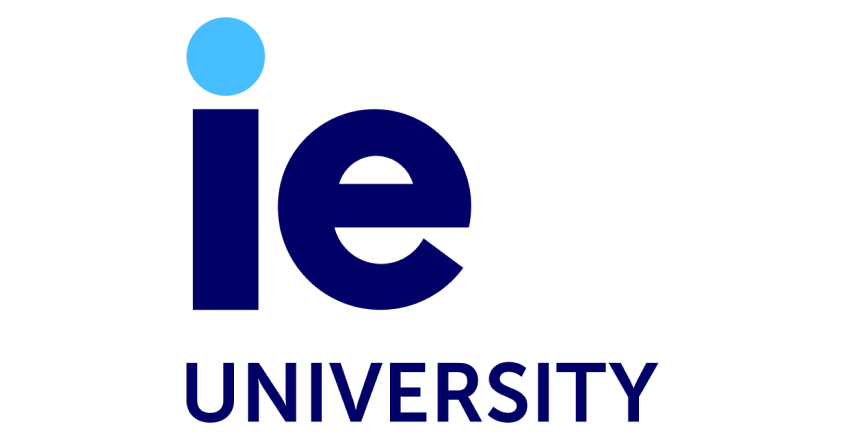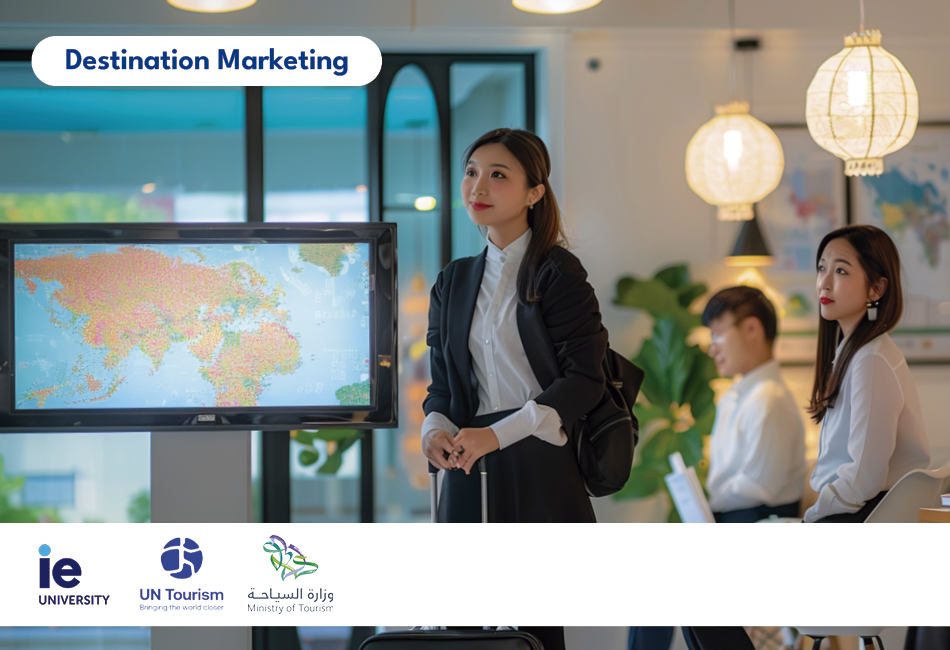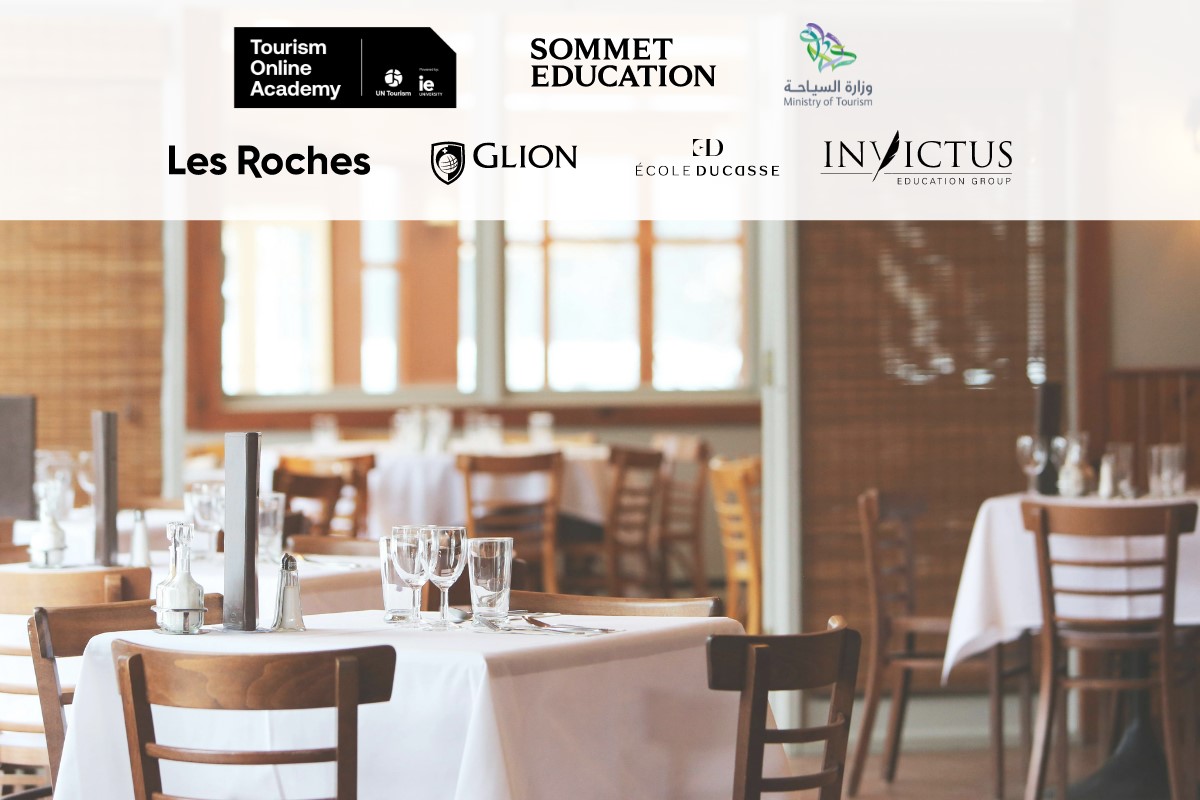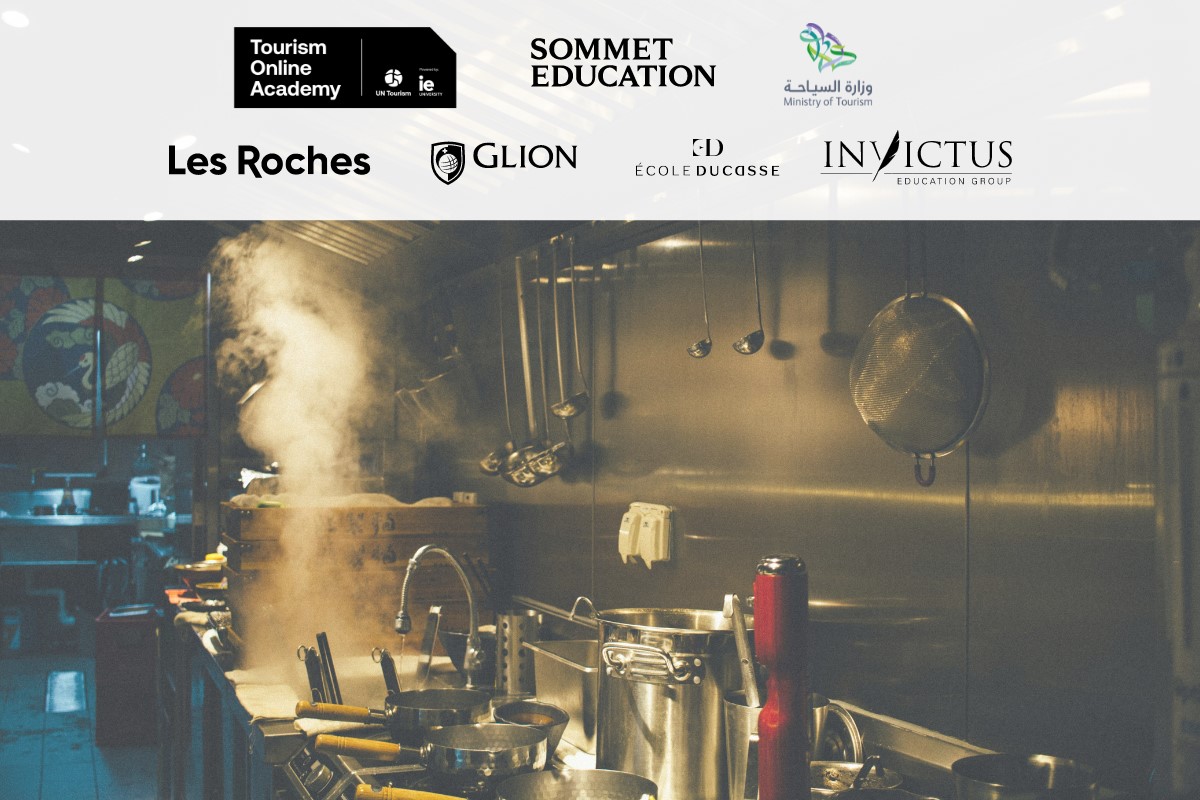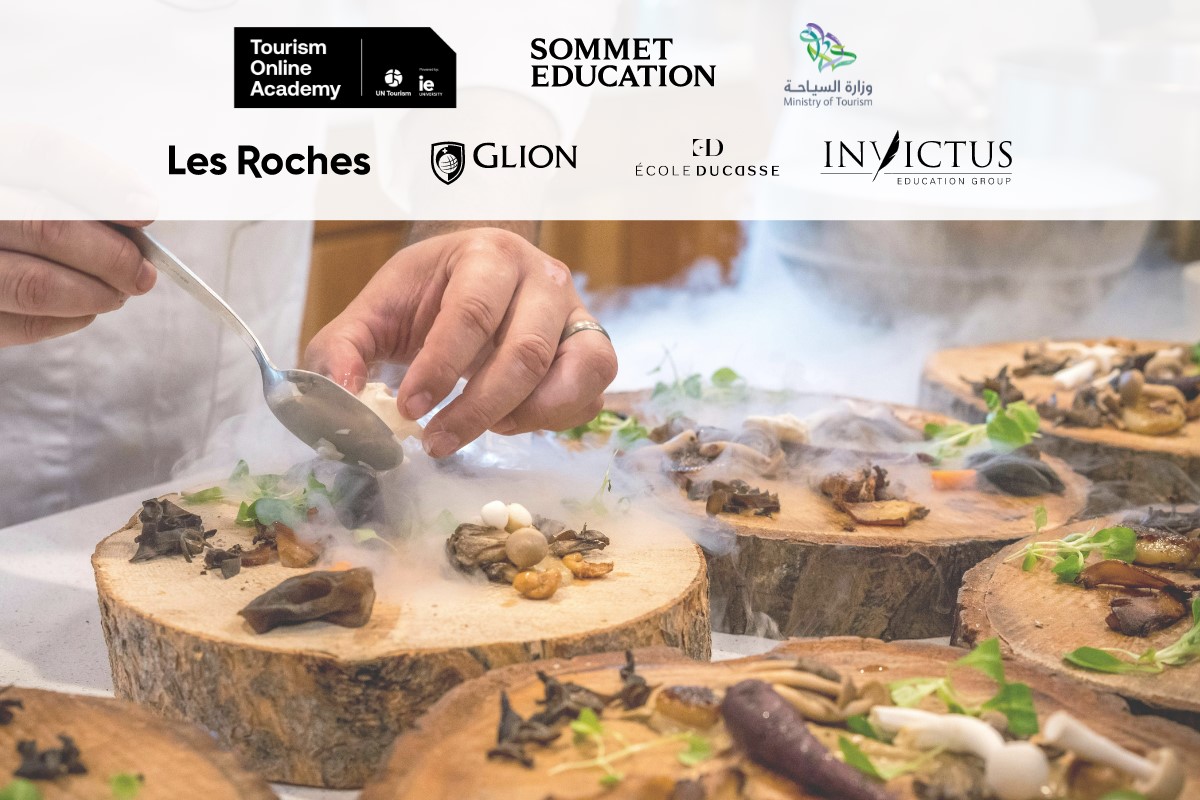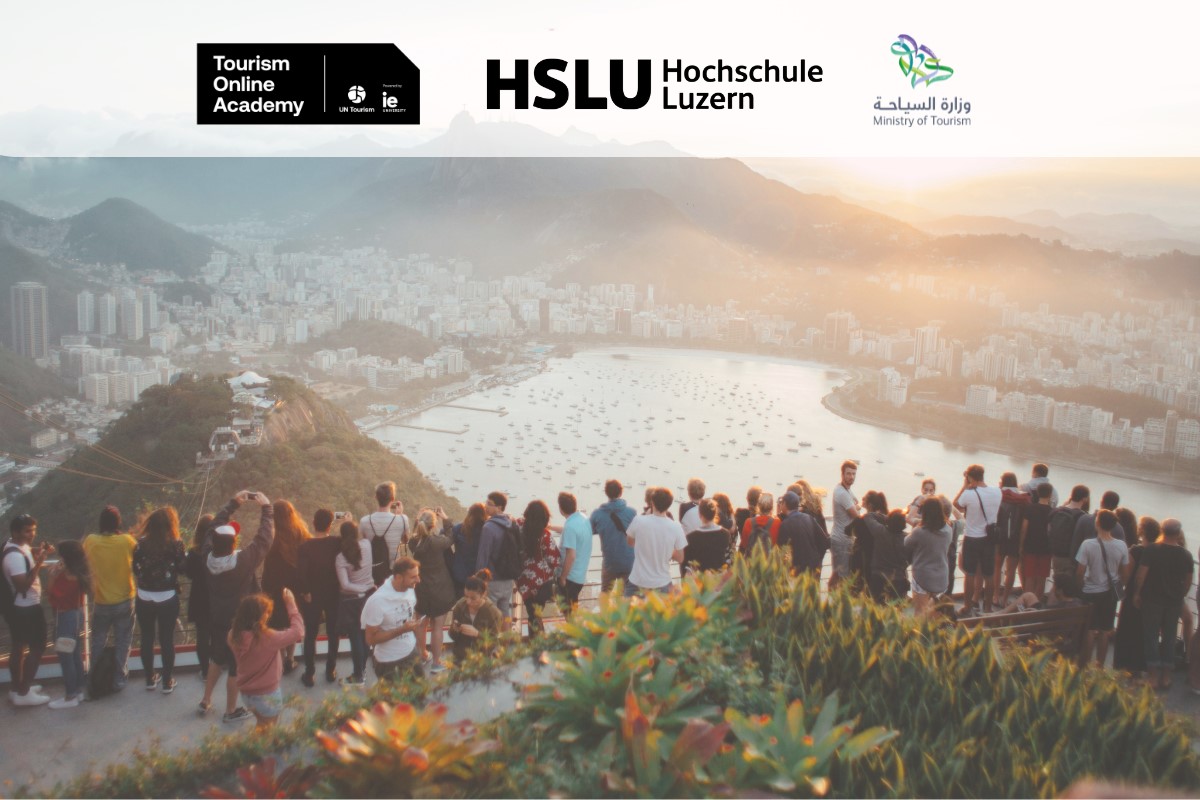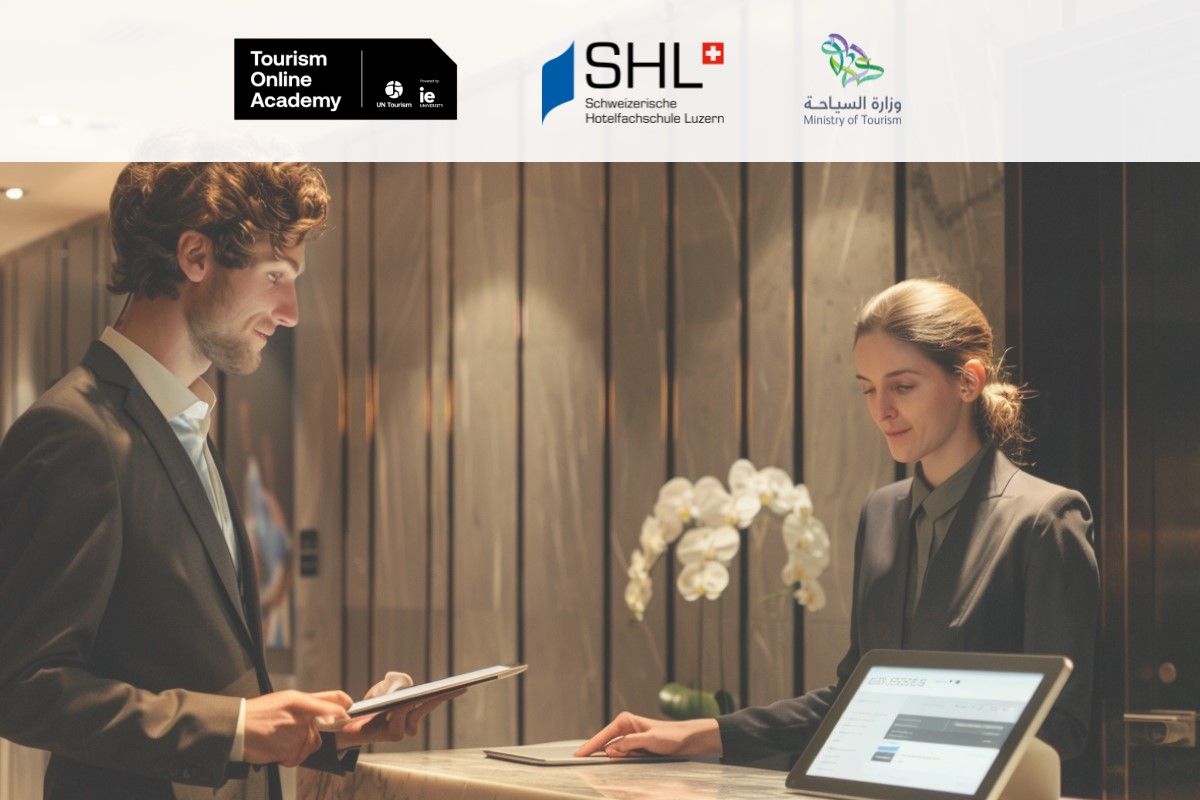Omnichannel, An Integral Experience
By
Luis Enrique Silva Gaona
Who hasn’t experienced the following? You are planning to travel, so you investigate the location, distance, culture, money you will spend and even the type of currency they use. You find an incredible discounted package online, but your card is declined, and with the online channel not accepting other means of payment, the only solution is to visit a travel agency and buy it in person.
Here, the travel consultant mentions the tour package they are looking for is ONLY available through the digital channel which, apart from the initial displeasure, generates questions such as: Why does the discount only apply online? Why are they promoting something only available through other means? This story ends with no trip and the travel agency losing a potential client, who could have also been a spokesperson for the services offered.
The questions asked by the client have a common solution: Omnichannel Strategy.
An omnichannel strategy allows companies to be interconnected through different communication channels, in order to benefit from a comprehensive experience. For a travel agency, omnichannel allows them to offer the same experience whether from a website, mobile device or in person with the travel agent. For David Owen , COO of Flight Centre, the challenge of implementing an omnichannel strategy is to “ensure that the customer has the same experience regardless of the communication medium applied.” The key point of this strategy for any company in the travel industry that wishes to employ it is to put the customer above the product or service, and so become a “Customer-Centric” company.
Let’s go back to the previous scenario and solve the two questions:
1) Why did the discount only apply on the online channel?
This happened because the travel agency applied a multichannel strategy, in which the promotional channels (web, app, social networks, face-to-face consulting) are disconnected. This means that once the customer begins their purchase through a specific channel, he/she must finish the process through that same channel. The omnichannel approach solves this problem by giving responsibility to the travel agent, offering them the ability to complete the customer’s purchase process from the workplace with no setbacks.
2) Why promote something you cannot sell by other means?
A common strategy of companies is to promote their products or services in different ways through different communication channels. However, this should not be an impediment for the customer if he/she wishes to purchase the same thing through another channel. An example of this is Apple, where products hosted in its digital catalog can be purchased from any physical store, even if the product is not in stock at the store visited. This is possible thanks to a blended approach to technology and humans, where Apple advisors use tablets to view the company’s product catalog and find the one the customer needs.
According to the Amadeus research report “Omnichannel – A source of differentiation in the new reality,” travelers want to have contact at similar levels through social networks, chats, phone, and personal advice. In addition, they want to have a higher level of integration in communication channels, starting with a chatbot or Facebook and continuing by phone, understanding as key points for the customer the choice and adaptability to their preferences.
So, how can we start adopting an omnichannel strategy in our company? For Amadeus, this can be achieved through a three-step approach:
– Get to know your traveler at every stage of their journey, identifying their hidden needs.
– Design the customer experience, tailoring the value proposition of each channel to the customer base.
– Establish the data infrastructure and operating model, implementing and integrating the data platform with a unified customer ID.
Such an approach will make for more efficient companies, and happier travellers.
Luis Enrique Silva Gaona
Lead Consultant – Tourism Innovation Consulting (www.ticconsultora.com.co)
Tourism Specialist | E-Learning & Development
Bogota, Colombia
